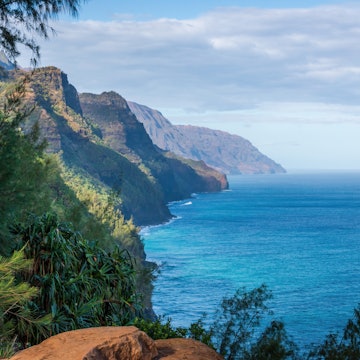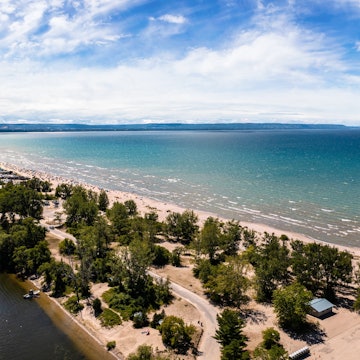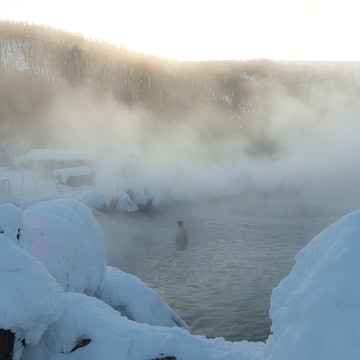
5 summer solstice celebrations in the northern hemisphere in 2025
Jun 3, 2025 • 3 min read

Stonehenge in Wiltshire, England. muratart/Shutterstock
For some countries, the summer solstice marks the official start of summer, when the longest day – and shortest night – of the year is a time for revelry, steeped in local culture and history.
In 2025, the official solstice falls on June 20, but these celebrations in the northern hemisphere run from June 20 to June 22. Here are some of the distinct ways this event is marked.
1. Stonehenge – Wiltshire, England
The purpose of the impressive boulder formations of Stonehenge may still be cloaked in mystery, but they serve as the perfect backdrop of a phenomenal – and arguably the most famous – observation of sunrise and sunset. Believed to be the site of ancient Druid solstice celebrations, visitors have flocked to the site for years.
One-day access to the inner prehistoric stone circle allows travelers to face what’s known as the Heel Stone to catch the sunrise over the giant boulder.
As the popularity of the free event grew, thousands of people in traditional Celtic attire have been known to camp out nearby days in advance. (No camping is permitted at the site.) English Heritage live streams the event on its YouTube channel, so you can tune in from wherever you are in the world. It will start with sunset on the evening of Friday, June 20, and sunrise on Saturday, June 21.

2. Summer Solstice Indigenous Festival – Ottawa, Canada
A diversity of cultures is represented in Ottawa’s three-day Summer Solstice Indigenous Festival, which runs June 21 to 22 this year, fusing the longest day of the year with National Indigenous Peoples Day on June 21. The area was the traditional territory of the Algonquin people before Queen Victoria declared Ottawa Canada’s capital.
During the festival, there's food by celebrated Indigenous chefs, traditional costumes and cultural events. A visually captivating Pow Wow brings out the best talent in the surrounding areas, all vying for $75,000 in prizes. Admission is free, but there is a fee for events and workshops.
3. Fairbanks and Anchorage – Alaska, US
About one-third of the state of Alaska lies north of the Arctic Circle, therefore a solstice celebration can be found pretty much wherever you land. Up north, Fairbanks goes for good old Americana with the Alaska Goldpanners baseball team hosting the Midnight Sun Game, a tradition since the town’s beginnings in 1906. The game kicks off at 10pm and pauses close to midnight for the singing of the Alaska Flag Song.
A little further south, Anchorage gets 22 hours of daylight, and they use all of them with the Anchorage Mayor’s Marathon and Half Marathon on June 21.

4. Midsummer – Stockholm, Sweden
Midsummer in Sweden is sweet with romance, with traditional maypole dancing and gathering wildflowers for floral crowns. Tradition states that if you place seven types of flowers under your pillow at Midsummer, you will dream of your spouse. But who has time to sleep?
For the weekend surrounding the solstice, people have historically filled the streets for a never-ending party, washing down pickled herring and dill-laced new potatoes with spiced schnapps and plenty of drinking songs; the dirtier, the better. Family-oriented celebrations usually happen out in the countryside. For those unable to snag an invite to someone's home, the open-air Skansen museum in Stockholm serves as a good alternative with three days of activities from June 20 to 22.

5. Mountaintop bonfires – Tyrol, Austria
When the summer solstice comes around, Austrians play with fire. Their tradition of lighting bonfires on mountaintops not only looks spectacular but is also rooted in the Middle Ages, when flames were used to ward off evil spirits.
In the 1700s, the fires were re-cast to fight against the imminent threat of invasion by Napoleon, and after the victory, Austrians pledged themselves to the Sacred Heart of Jesus. Since then, the mountains of the Tyrol have been set ablaze annually in dramatic form, save for a brief time when they were outlawed by the Nazis. Today, Austrians still honor the shortest night of the year but have incorporated religious symbols like crosses into the festivities.













